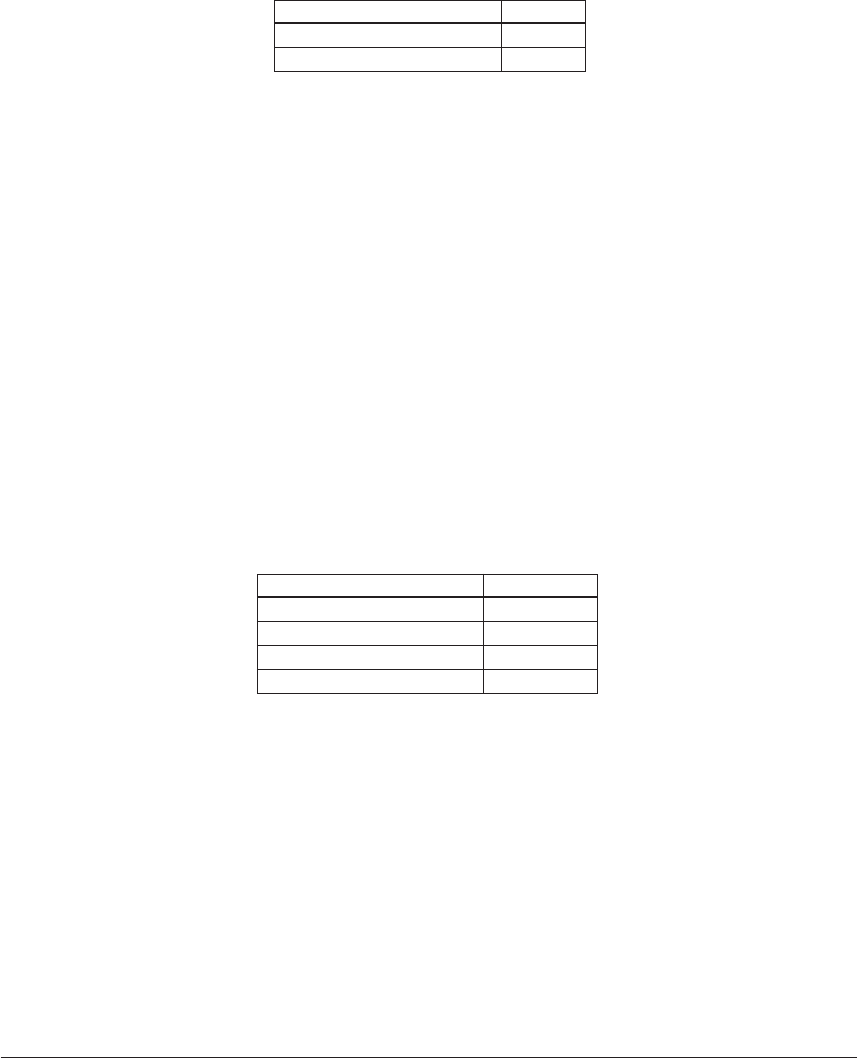
CHAPTER 8: DEBUGGER
156 EPSON S5U1C63000A MANUAL
(S1C63 FAMILY ASSEMBLER PACKAGE)
8.8.8 Coverage
The ICE retains coverage information (i.e., information on addresses at which a program is executed)
and it can be displayed in the [Command] window.
Because the executed address range is displayed as shown below, it is possible to know which areas have
not been executed.
Coverage Information:
0: 0110..0118
1: 0200..020f
Table 8.8.8.1 Coverage commands
Function Command
Display coverage information cv
Clear coverage information cvc
8.8.9 Writing Data to the FPGA on the Standard Peripheral Circuit Board
The standard peripheral circuit board is configured for the supported model by writing the peripheral
function data to the on-board FPGA. This writing is necessary the first time the standard peripheral
circuit board is used or before beginning development of another model.
The debugger supports the following FPGA data handling functions:
(1) Erasing FPGA
All contents of the FPGA are erased.
(2) Writing data to FPGA
Data in the specified file is written to the FPGA. Also, the write command supports erasing the FPGA.
Data for the supported models are provided as "c63xxx.mot" files in the "epson\s1c63\ice\fpga"
directory (default).
(3) FPGA data comparison
The contents of the FPGA and specified file are compared.
(4) FPGA data dump
The FPGA data is displayed in a hexadecimal dump format.
Table 8.8.9.1 FPGA commands
Function Command
Erase FPGA xfer/xfers
Write to FPGA xfwr/xfwrs
Compare FPGA data and file xfcp/xfcps
Dupm FPGA data xdp/xdps
Note: The standard peripheral circuit board has two on-board FPGAs, main FPGA and sub FPGA, and
the different commands are provided for each FPGA (suffix "s" indicates that the command is for
the sub FPGA).
However, it is not necessary to write data to the sub FPGA normally, because the sub FPGA
contains LCD DC output function.


















